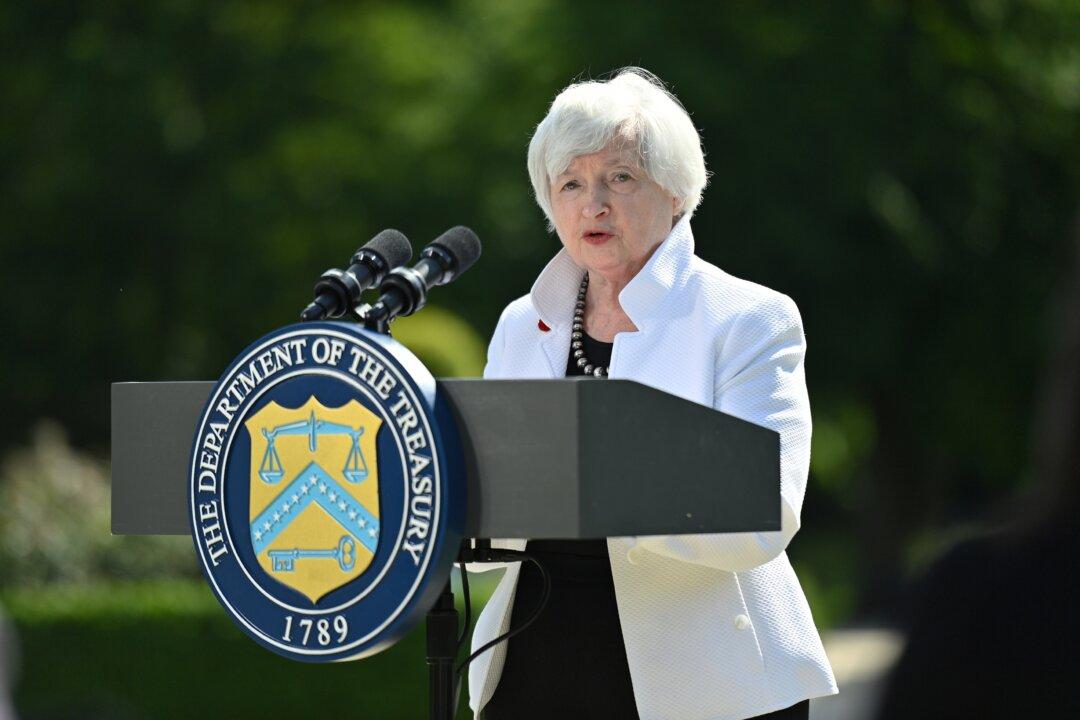WASHINGTON—Treasury Secretary Janet Yellen has questioned the merits of tariffs imposed by the Trump administration on billions of dollars of Chinese goods, stating that they’ve harmed U.S. consumers.
Yellen is the first Biden official to criticize the existing tariffs, and her comments raise the question of whether the White House is preparing to change course on the country’s trade policy with China.





